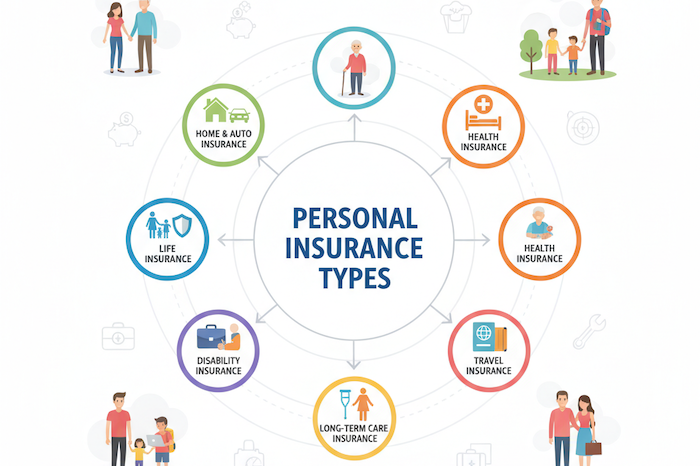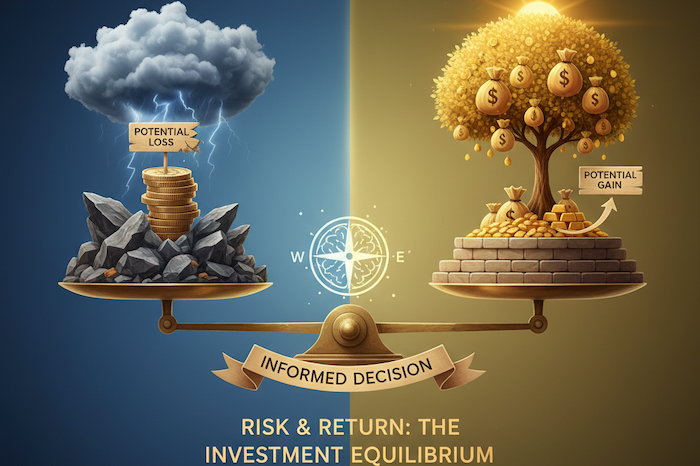How to Afford Personal Insurance for the Long Term
Long-term personal insurance (life insurance, trauma / critical illness, total and permanent disability (TPD), income protection, etc.) gives financial protection over many years. Because risk generally increases with age, insurers structure premiums to reflect risk and cost over time. The way you pay (premium structure) affects both the initial payment and the long-term payment.
Two main structures in Australia:
| Structure | Alternative names | Key features |
| Stepped premiums | “Variable age-stepped premiums” (new label) | Premiums start lower; each policy anniversary (often yearly), the premium increases, because you are a year older. The age-based risk is recalculated annually. (onepath.com.au) |
| Level premiums | “Variable premiums” (new label) | Premiums are calculated based on your age at entry, and locked in (for a term / until a certain age) so that you pay the same base rate (ignoring some adjustments) regardless of your increasing age. Premiums are higher at the start. (AIA Australia) |
Some policies offer hybrid structures or mixed options (starting with stepped, switching to level, or level until a given age, then stepping) to try to balance upfront affordability and long-term predictability. (Life Insurance Direct Australia)










